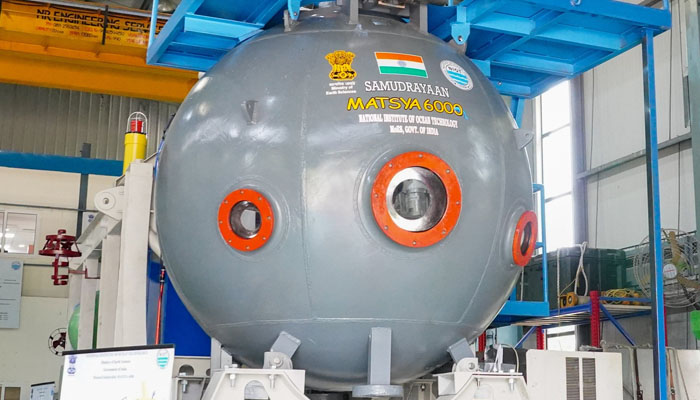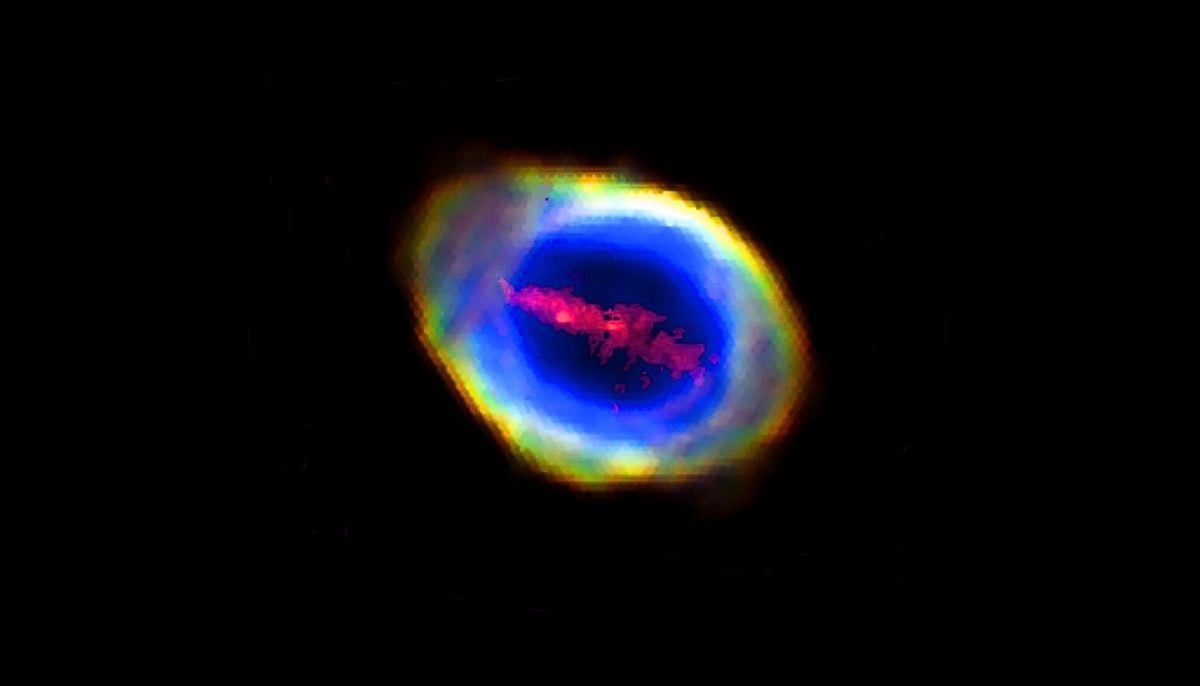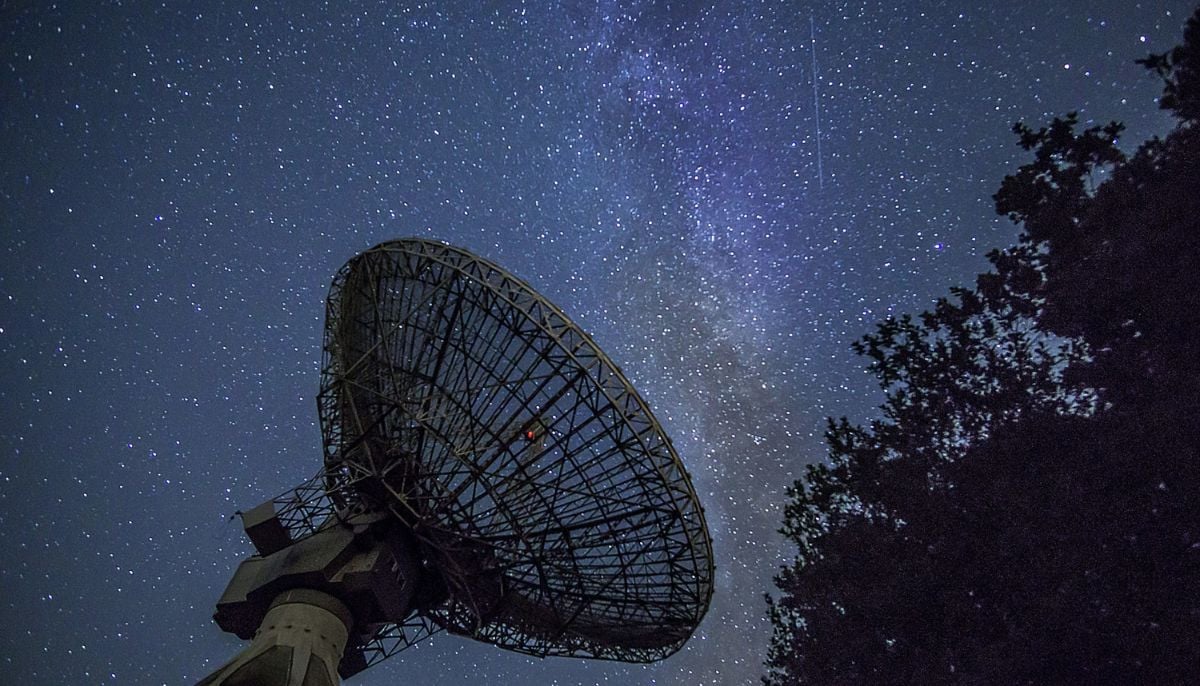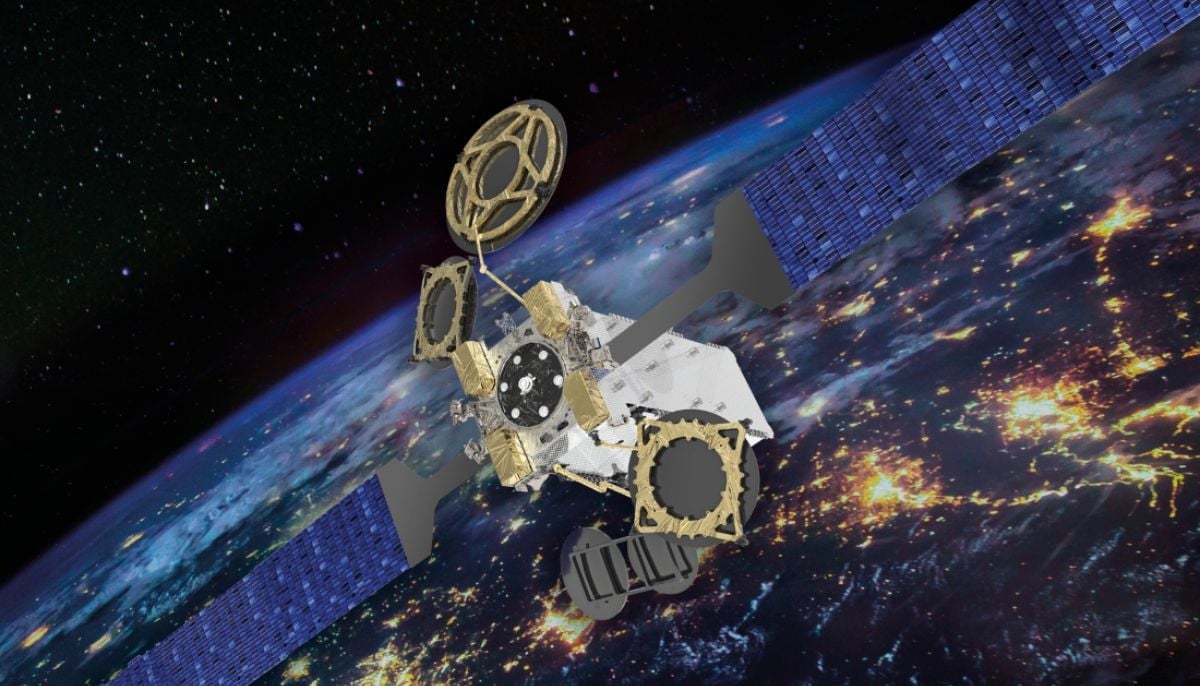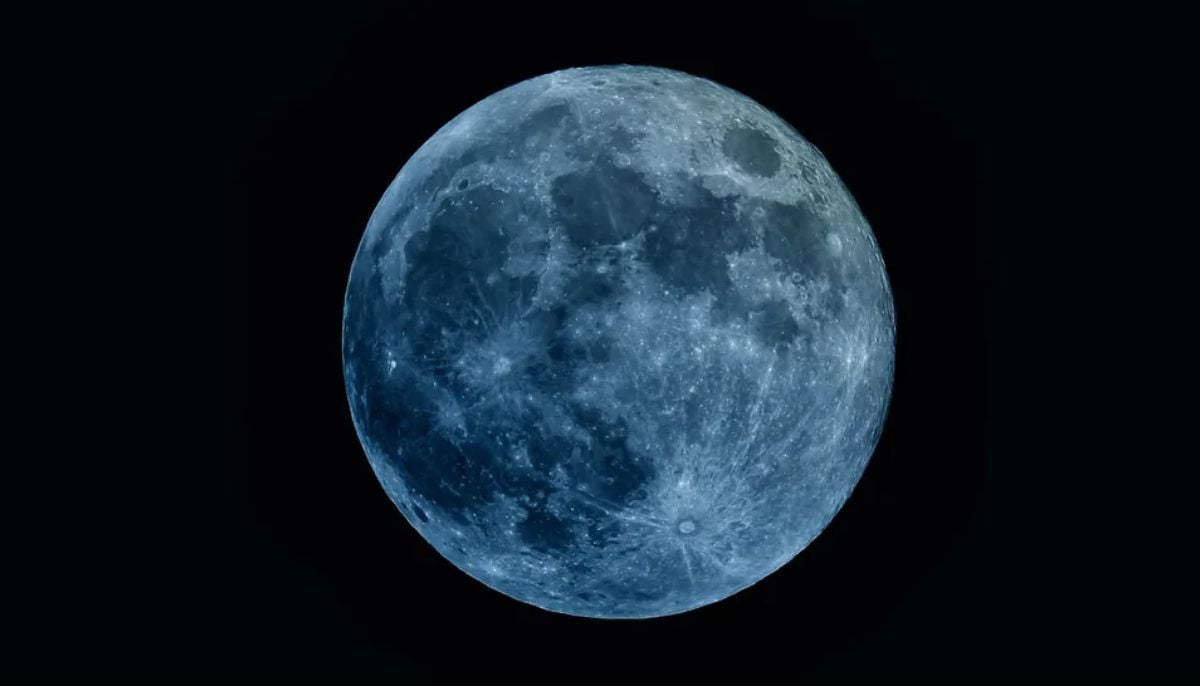Samudrayaan mission: India's Titan like submersible set to take 3 people on underwater voyage
India's first underwater submersible Samudrayaan will be finished by 2026
India announced on Tuesday that it is developing its first human submersible to research the deep oceans and evaluate marine biodiversity, days after the nation successfully landed a spacecraft on the moon.
The initiative is just another indication that India aims to strengthen its position as a leader in science and technology, particularly in space and other uncharted territories, on a global scale.
Kiren Rijiju, the Earth Sciences Minister, posted photos of the submersible on X, saying the mission will send three people to a depth of six kilometers (about four miles), and "will not disturb the ocean ecosystem."
The submersible will be finished by 2026 and will resemble Oceangate's Titan, which vanished close to the Titanic's last resting place in the North Atlantic Ocean, NDTV reported.
The five passengers on board, who were on an excursion to visit the Titanic's ruins, perished in the submersible's fatal collapse, according to a subsequent announcement by the US Coast Guard. OceanGate was compelled to halt all commercial and exploration activities in response to the announcement.
-
New mystery about 'Ring Nebula' shock astronomers: Here's why
-
Startup aims to brighten night skies with space mirrors
-
'Harry Potter' star Brendan Gleeson reluctantly addresses JK Rowling's trans views
-
Bamboo: World’s next sustainable ‘superfood’ hiding in plain sight
-
NASA Artemis II rocket heads to the launch pad for a historic crewed mission to the Moon
-
Blood Moon: When and where to watch in 2026
-
Elon Musk’s Starlink rival Eutelsat partners with MaiaSpace for satellite launches
-
Blue Moon 2026: Everything you need to know
